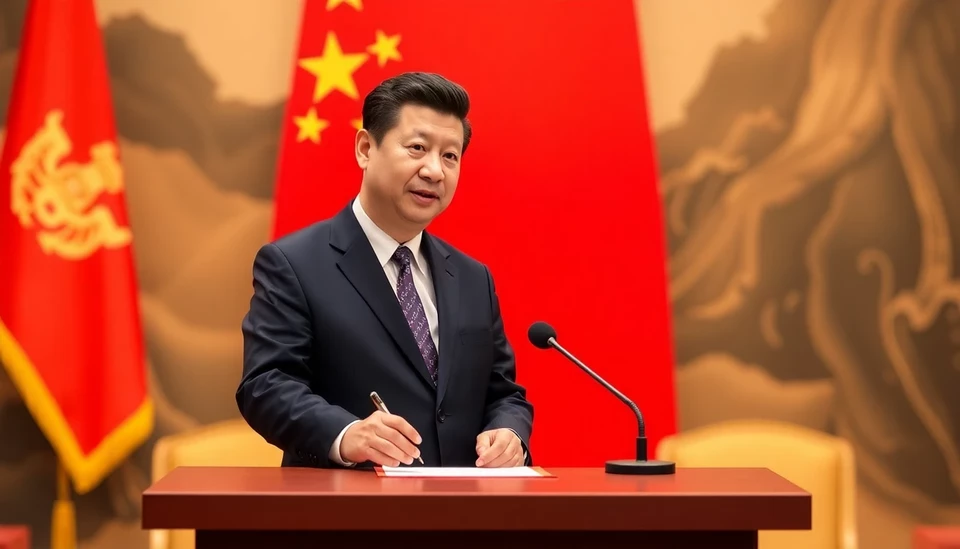
In a significant address delivered on October 28, 2024, Chinese President Xi Jinping emphasized the essential role of soft power in enhancing China's global standing. His statements come at a time when China's diplomatic strategies appear increasingly focused on reaching out to international audiences and reshaping perceptions of the nation on the world stage.
During a meeting with top officials, Xi highlighted the necessity for China to seek innovative ways to project its culture and values, thereby fostering stronger international relationships. He stressed the importance of "charm diplomacy"—a strategy aimed at attracting allies and influencing global opinion through cultural engagement, educational exchanges, and other non-coercive means.
Xi's remarks reflect a broader strategy that seeks to counter perceived isolation and criticism from Western nations, particularly in light of recent tensions in trade, technology, and human rights. His call for an expansion of soft power signifies a shift towards a more nuanced approach to foreign policy that prioritizes building lasting connections rather than relying solely on military might or economic pressure.
The president advocated for increased investments in cultural exchange programs, reinforcing the importance of media narratives that promote China's achievements and contributions to global issues. He emphasized that enhancing soft power implications includes showcasing China's unique cultural heritage, technological advancements, and commitment to sustainable development.
In parallel to Xi’s address, discussions have been taking place to bolster international cooperation in sectors like education, environmental protection, and public health. These areas were identified as pivotal for building credibility and alliances that resonate on a human level, promoting goodwill and shared objectives across nations.
The strategic pivot towards soft power is indicative of China's desire not only to redefine its global image but also to act as a cooperative player in the international arena. As concerns about militaristic posturing grow among various global actors, Xi's vision encourages a narrative underpinned by respect and mutual benefit.
For many observers, this move could signify a potential thawing in relations with countries that have historically been wary of China's rapid ascent. By adopting a softer approach, China might be positioning itself for constructive dialogues and collaborations, aligning more closely with global priorities like climate change and sustainable development.
As the world watches closely, Xi Jinping's push for enhanced soft power could reshape not only China's diplomatic relationships but also the overall nature of global interactions in the coming years. The drive for cultural resonance and international goodwill may well dictate the trajectory of Sino-global dynamics as we advance into a more interconnected and complex era.
China's future in the global order may now hinge on its ability to shift perceptions and build rapport through soft power, setting the stage for an increasingly interconnected world where influence is wielded not just through force, but through respect and mutual understanding.
### Hashtags:
#China #SoftPower #XiJinping #Diplomacy #InternationalRelations #CulturalExchange #GlobalInfluence
Author: Rachel Greene




